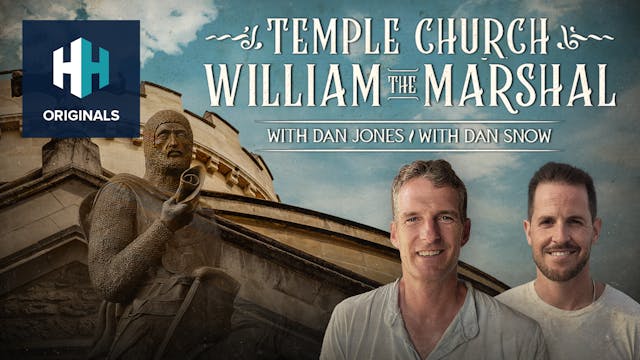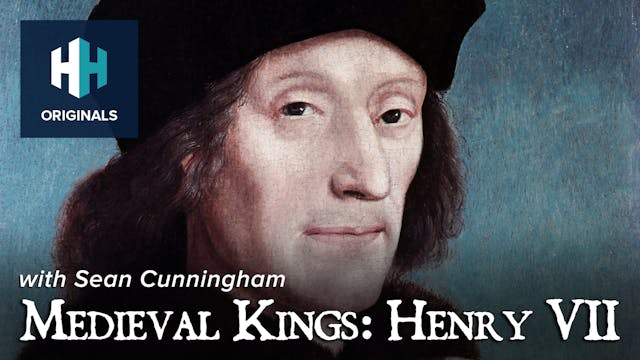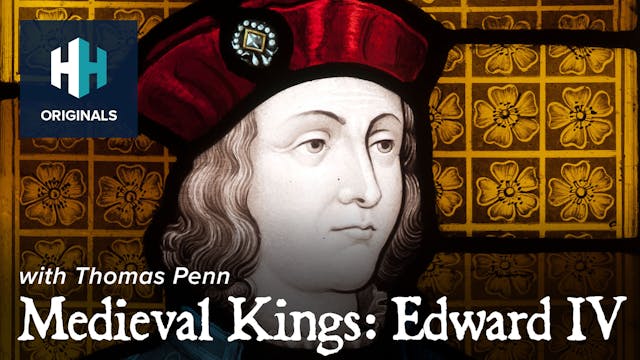The Viking dig in the grounds of St Wystan Church in Repton is one of the most important Viking sites of modern times. Recently new research has brought to light new information which further elevates the significance of the site and redefines our knowledge of the Great Heathen Army. The Great Heathen Army is a term used to define a fearsome Viking force that arrived in England in the 860s, comprising of more men than had ever been seen before in a Norse army. This formidable force had much greater ambitions than simply raiding and pillaging the Anglo-Saxon lands; they came to conquer. The Army went on to be involved in a number of highly-important battles, many of which were fought against the legendary King of Wessex, Alfred the Great. They took over large swathes of the country, gaining control of several key settlements including York (which they called Jorvik). Monasteries were a key source of plunder for the Great Heathen Army as they campaigned through the country; these religious sites were the homes of highly-decorated manuscripts and various other treasures – ideal ransom goods for the Vikings. Repton in Derbyshire was home to one such monastery in the 870s and was duly attacked by the Vikings in late 873. Yet this was not all. The Vikings then decided to remain in Repton for the rest of the winter. In the 1970s, excavations near the old Anglo-Saxon church in Repton appear to have revealed evidence for this Viking winter camp, most remarkably in the vicarage next to the church where the remains of nearly 300 men have been discovered, all-jumbled up together with a variety of Viking artefacts and coins. Could these be the remains of warriors from one of England’s deadliest invading forces? In this History Hit TV Original episode, Dan joins archaeologist Professor Martin Biddle in the churchyard of St Wystan’s Church in Repton to learn more about the Vikings in the Vicarage and why the discovery has changed the way we think about Viking Britain.
Up Next in Season 1
-
Temple Church and William the Marshal
Just east of where the Strand turns into Fleet Street in London, there is a small stone archway. Walking through it, one stumbles across a hidden world – one that is leafy, serene and historic. Most of the people who wind their way here don’t realise that the whole area was actually the stronghol...
-
Medieval Kings: Henry VII
Sean Cunningham, Head of Medieval Records at the National Archives, answers key questions about Henry VII. From his unexpected rise to the throne to his founding of England's most famous royal dynasty: the Tudors.
-
Medieval Kings: Edward IV
Thomas Penn, historian of the Late Middle Ages and Early Tudor Period and author of The Brothers York, shines a much-needed light on Edward IV. He answers the key questions about England's forgotten warrior king: from his turbulent rise to the throne to how he dealt with his mischievous brothers.



